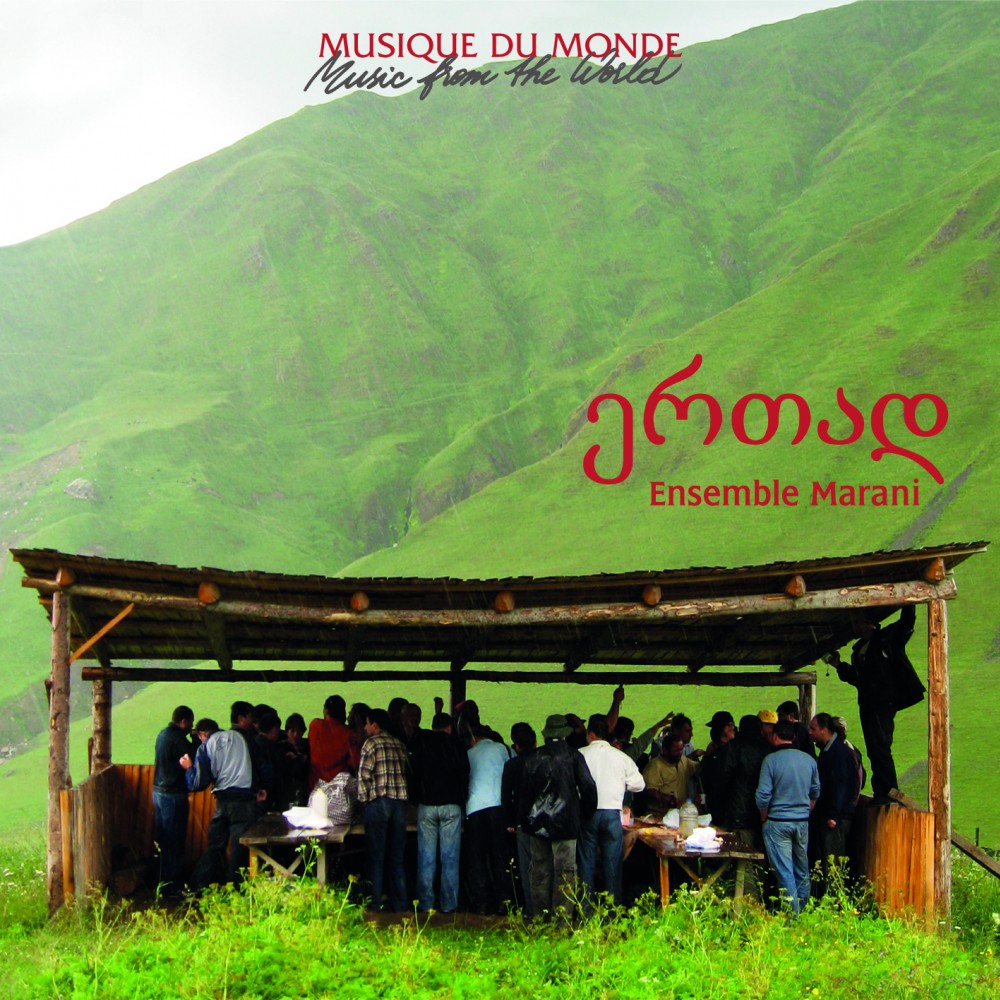Registered on UNESCO's Representative List of the Intangible Cultural Heritage of Humanity in 2008 (originally declared in 2001), Georgian polyphonic singing is one of the masterpieces of Georgian culture.
In Georgia, polyphonic singing accompanies the community at all stages of life, including wedding and funeral ceremonies, healing rites, liturgy, work, children's lullabies, dances and banquets (supra). These polyphonic songs have different characteristics depending on their regional origins. Polyphonic singing is practised by both men and women, but the male repertoire is far more extensive.
The practice has traditionally been transmitted orally, within families and communities. Today, many singers are trying to get as close as possible to this method of transmission by learning directly from the singing masters (lotbari). This is the case in the Paris region with the Marani Ensemble, which has made several study trips to Georgia and invited Georgian singing masters as guests.
Over the years, the Marani Ensemble has performed on many stages, presenting traditional songs from all regions of Georgia, as well as Orthodox liturgical chants. Its repertoire has grown out of its roots in the Georgian community, as well as through the links it has forged with a number of outstanding singers who are experts in the traditions, skills and customs associated with singing in Georgia.
